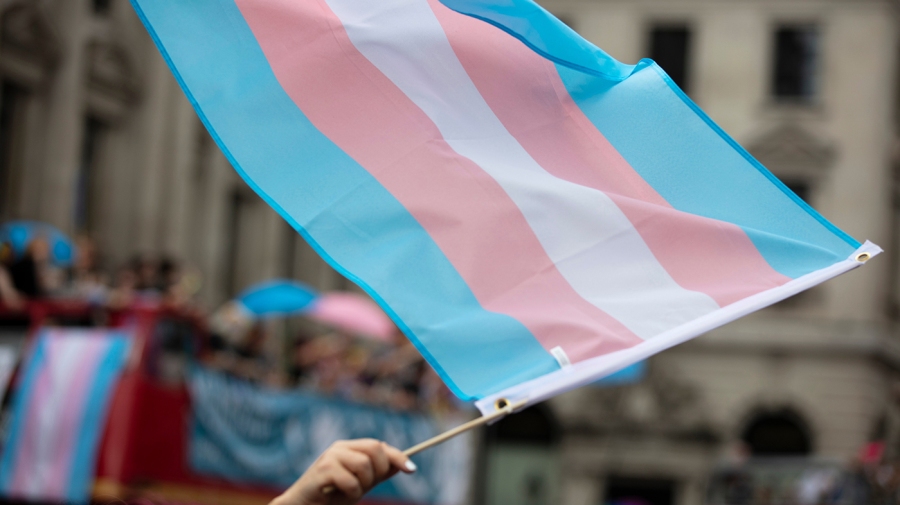Republican legislators in Kansas on Thursday enacted what LGBTQ rights groups have characterized as one of the most sweeping and restrictive transgender bathroom bills in U.S. history, overriding Democratic Gov. Laura Kelly’s veto of the measure.
The Kansas House voted 84-40 Thursday to override Kelly’s veto of Senate Bill 180, which defines sex in state law to mean an “individual’s biological sex, either male or female, at birth.” The Senate voted 28-12 on Wednesday to do the same.
The measure, which will take effect July 1, also legally defines women as individuals “whose biological reproductive system is developed to produce ova” and men as individuals “whose biological reproductive system is developed to fertilize the ova of a female.”
It declares that “distinctions between the sexes” in certain spaces “are substantially related to the important governmental objectives of protecting the health, safety and privacy of individuals in such circumstances.” The new law applies to school restrooms, locker rooms, prisons, domestic violence shelters and rape crisis centers.
While supporters of the measure have argued that such legislation is needed to prevent transgender women from sharing bathrooms, changing rooms and other facilities with cisgender women and girls, opponents have criticized the law for being too broad and difficult to enforce.
The measure could also legally write transgender people out of state law, some LGBTQ activists have argued. A bill that seeks to adopt a similarly narrow definition of sex in state law was passed by legislators in Montana this week. Montana Gov. Greg Gianforte (R) is expected to sign the measure.
Kelly this month vetoed Senate Bill 180, along with three other bills targeting the rights of transgender young people. In a veto message, she wrote that legislation barring transgender people from public accommodations would draw businesses out of Kansas and make the state vulnerable to legal challenges.
“Companies have made it clear that they are not interested in doing business with states that discriminate against workers and their families,” Kelly wrote. “By stripping away rights from Kansans and opening the state up to expensive and unnecessary lawsuits, these bills would hurt our ability to continue breaking economic records and landing new business deals.”
In a Twitter post on Thursday, Kelly said the bills passed by the legislature “will reverse much of the progress we’ve made in recent years.”
“I promised Kansans I’d govern from the middle of the road and that I’d serve as a check on legislation that is too extreme one way or the other,” she wrote. “I’m disappointed some legislators are eager to force through extremist legislation that will hurt our economy and tarnish our reputation as the Free State. I strive every day to make Kansas a place where more people want to work and raise a family.”
At least eight other states have enacted laws or policies that ban transgender students from using school facilities consistent with their gender identity, according to the Movement Advancement Project, which tracks state-level legislation affecting the nation’s LGBTQ community.

